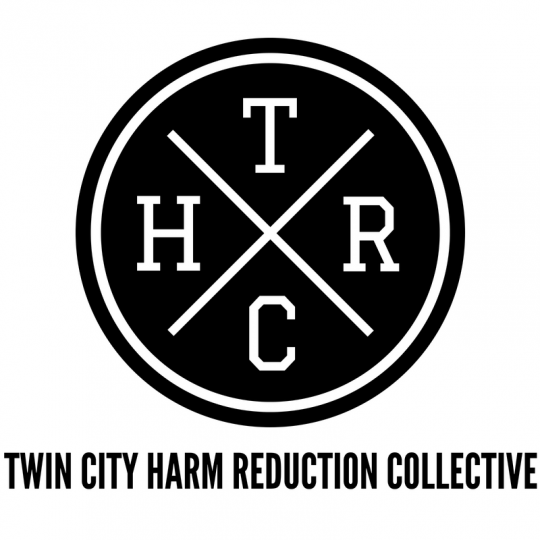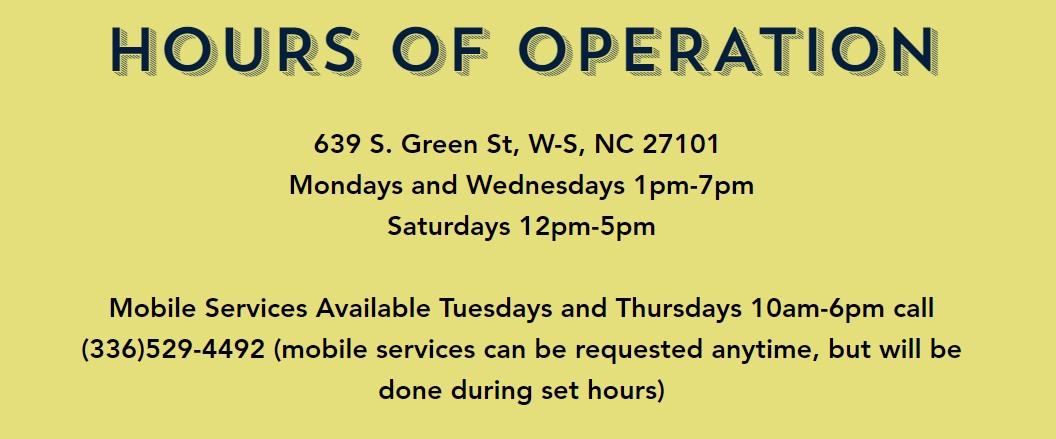Winston Salem, NC 27101
Phone: 336-703-3100
Fax: 336-748-3292
FROST is a team made up of representatives from over 80 different community agencies in addition to community members with lived experiences. We have a comprehensive plan and are working together to build and maintain a continuum of care in the Forsyth County community that educates the community, provides primary prevention, overdose prevention, promotes harm reduction practices, removes barriers to treatment and recovery, and breaks down stigma surrounding substance use.
FROST Partner Agencies include: ARCA, Cardinal Innovations, CareNet Counseling, WellPath, NC Department of Corrections: Probation and Parole, Forsyth Medical Center/Novant Health, Forsyth County District Attorney’s Office, Forsyth County District Court Judges, Forsyth County Department of Public Health, Forsyth County Department of Social Services, Forsyth County Public Library, Forsyth County Sheriff’s Office, Forsyth County Stepping Up Program, Green Street United Methodist Church, Green Tree Peer Center, Hospice and Palliative Care, Insight Human Services, Kernersville Police Department, MapForsyth, Mountain Valley Hospice, ATL/CAR HIDTA (High Intensity Drug Trafficking Area), North Carolina Division of Public Health, North Carolina Harm Reduction Coalition, North Carolina Hospital Association, Northwest Community Care, Old Vineyard, Partnership for Prosperity, Twin City Harm Reduction Collective, United Way of Forsyth County, VA Health Care Center – Kernersville, Wake Forest University, Wake Forest Baptist Medical Center, Winston Salem Fire Department, Winston Salem Forsyth County Schools, Winston Salem Police Department, Winston Salem State University.
For more information, please contact:
Health Educator II, FROST Lead
Forsyth County Department of Public Health
799 N. Highland Ave, Winston Salem NC 27101
336-486-0103
March 20th from 11:30 am to 1 pm at the Central Library.
Please contact Andrea Vasquez at 336-703-3175 or vasquead@forsyth.cc to get online meeting access information
Substance Use Health Educator Andrea Vasquez is available to train your organization in overdose awareness and Naloxone use! Please call 336-486-0103 or email vasquead@forsyth.cc to schedule your training.
Harm Reduction is grounded in justice and human rights and refers to a variety of services that help to reduce negative health, legal and social impacts that can be associated with drug use, laws and policies, while working to also protect public health. Unlike abstinence based approaches that insist that individuals stop using drugs, a Harm Reduction approach says that we understand that not all people are willing or able to abstain from drug use and therefore does not use abstinence as a precursor to whether or not someone should receive help and support.
Some examples of Harm Reduction in relation to drug use are:
Syringe service programs (SSPs) became legal in North Carolina on July 11, 2016 under NC General Statute 90-113.27. There are currently around 38 SSPs operating across the state of North Carolina. SSPs operate under a Harm Reduction and public health framework and are promoted by the CDC and surgeon general as an evidence based approach to disease prevention.
In order to operate an SSP in the state of North Carolina the program must register with, and annually report to, the North Carolina Department of Public Health. Programs must also distribute their security plan to police and/or sheriff’s departments that hold jurisdiction over the counties in which the program is operating. These plans must be reviewed, updated and redistributed on an annual basis. Under North Carolina law, all employees, volunteers and program participants are granted limited immunity from being charged with possession of syringes or other injection supplies. This includes supplies that may contain residual amounts of controlled substances that are intended to be returned to the program for proper disposal. Verification of program participation is verified in writing in the form of a participant card or other documentation.
Here in Forsyth County, Twin City Harm Reduction Collective (TCHRC), officially opened their doors in December of 2016. TCHRC provides sterile injection equipment, Narcan, hygiene and wound care items, safe sex supplies, sharps containers, fentanyl test strips and free STI/HIV/HCV testing and referrals. They also help connect their participants to substance use treatment and to a variety of other community resources (medical clinics, housing support, food and clothing, etc). Their services are available both at their fixed site and via their mobile unit, which they also use to distribute sleeping bags, tents, and clothing to folks experiencing homelessness in our community. TCHRC has partnered with many other organizations over the years such as local homeless shelters and treatment centers to provide them with Narcan kits and overdose reversal training for staff members and they also work closely with the local health department. Twin City Harm Reduction currently partners with the Forsyth County Public Health Department and the North Carolina Department of Health and Human Services to receive technical assistance, funding for supplies, as well as media and administrative assistance.


Copyright © 2025 Forsyth County, North Carolina.